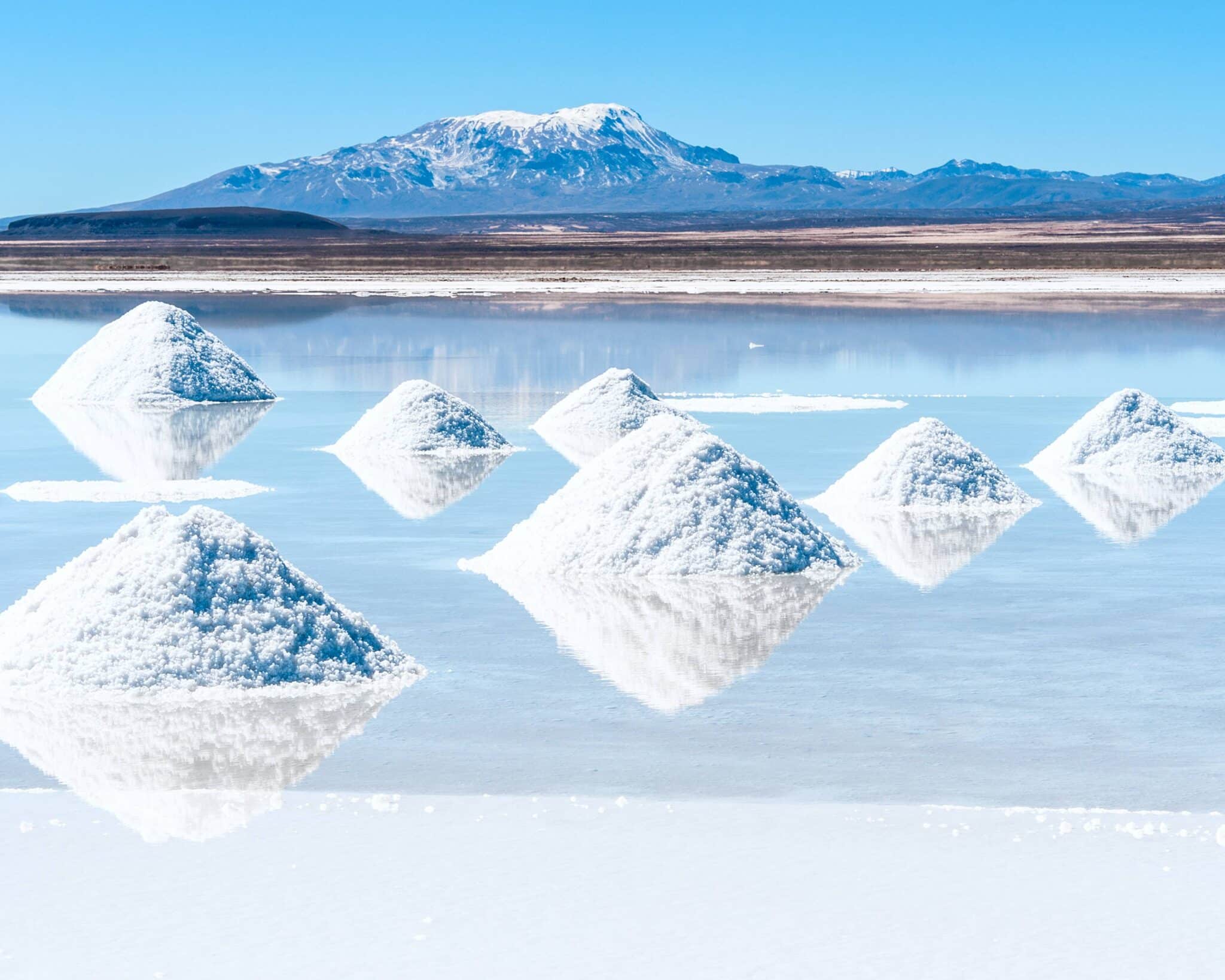
Uyuni salt flats, the world's largest lithium reserve, in Bolivia. File photo.

Orinoco Tribune – News and opinion pieces about Venezuela and beyond
From Venezuela and made by Venezuelan Chavistas

Uyuni salt flats, the world's largest lithium reserve, in Bolivia. File photo.
Bolivia’s government has recently entered into agreements with Chinese and Russian companies for the extraction of lithium from two of the country’s salt flats. Signed on Thursday, June 29, these agreements grant authorization to China’s Citic Guoan and Russia’s Uranium One Group to deploy direct lithium extraction (DLE) technologies for lithium exploration in Bolivia, with a total investment of $1.4 billion.
A previous agreement worth a similar value had already been signed in January with the Chinese consortium CATL BRUNP & CMOC (CBC). Currently, there are four companies operating in the Bolivian salt flats, including the Bolivian state-owned Yacimientos de Litio Bolivianos (YLB) and three foreign companies. Nonetheless, President Luis Arce has affirmed that Bolivia’s lithium reserves are substantial enough to accommodate the establishment of numerous firms.
According to a report by El Periódico de la Energía, citing data from the Bolivian Ministry of Hydrocarbons and Energy, the process of selecting direct extraction technologies commenced in 2021 as part of an effort to expedite the industrialization of lithium. The initial milestone in this process was the signing of the agreement with the Chinese CBC.
Russia’s $600 million investment represents the first significant foreign venture in lithium production by the Russian state nuclear energy corporation Rosatom, with Uranium One Group being one of its members.
Why Lithium Power Politics Are Playing Out Very Differently in Chile and Bolivia
The project envisages the construction of two DLE processing plants in the towns of Pastos Grandes and Uyuni Norte, where at least 45,000 tons of lithium per year will be produced. The Bolivian government’s goal is to produce 100,000 tons of lithium carbonate yearly by 2025.
Consequently, China and Russia are emerging as leaders in the lithium race in Bolivia, home to the world’s largest reserves of the mineral. The United States considers both countries as threats to its interests in Latin America and the Caribbean due to their expanding diplomatic, commercial, and financial relations in Washington’s “backyard.”
Translation: Orinoco Tribune
OT/SC/KZ/BLA

Misión Verdad is a Venezuelan investigative journalism website with a socialist perspective in defense of the Bolivarian Revolution